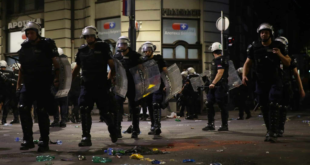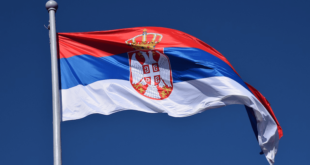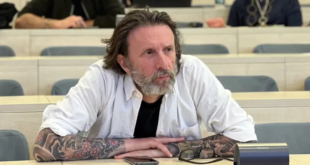Parents are passing on unresolved traumas from the 1990s conflict to their children, with destructive consequences for society, Bosnian mental health experts have warned.Parents who have been traumatised by witnessing ethnic cleansing, the killings of friends and relatives or brutalisation in detention camps during the conflict in Bosnia and Herzegovina could unwittingly damage their children’s mental health – or even that of their grandchildren.
Experts working with victims of wartime sexual violence and former camp detainees say that the phenomenon of ‘transgenerational trauma’ and its consequences are already visible. At worst, it can result in depression, violence, juvenile delinquency, drug abuse or even physical health problems.
After the conflict, during which around 100,000 people were killed and more than two million expelled from their homes, Bosnia has seen a rise in violence in schools, delinquency and drug consumption among young people.
“Problems with studying, drug abuse problems and running away from reality are some of the possible problems [caused by transgenerational trauma]. We also have the consequences of tendencies towards prostitution and alcoholism,” Branka Antic-Stauber, president of the Women Power association, who works with women from Srebrenica, where the worst wartime massacres took place, told BIRN.
Traumas and stress in children can also cause health problems such as high blood pressure or even cancer, Antic-Stauber added.
According to the World Health Organisation, about 10 per cent of Bosnia’s estimated 3.8 million population is still suffering from wartime traumas.
The worst situation is in Bosnia’s refugee camps, said Antic-Stauber.
“In those camps we have a third generation, the grandchildren of war victims that carry traumas, and we see those children wet their beds at advanced ages; they have the symptoms of fear,” she said.
A former prison camp inmate from Zenica, Andjelko Kvesic, who is also a father, said it was hard for ex-detainees to recover psychologically from what they experienced.
“Imagine families where the head of the household is traumatised, they traumatise the rest of the family and it’s like a drop of filthy water that pollutes a large container, that one person causes problems for the entire society,” Kvesic told BIRN.
“People without body parts have prostheses, but a man who lost part of his soul in a prison camp can never be made whole,” he added.
Kvesic said that the fact that Bosnia has yet to adopt laws on civilians who suffered because of the war and torture victims increases problems for those who suffered most.
“By denying our suffering, we are insulted and this causes great dissatisfaction. That unhappiness can spill over to the entire society,” he said.
Wartime traumas are often repressed but can return in the form of depression and violence in later life, said the director of the organisation Viva Women, Jasna Zecevic, whose organisation provides support to witnesses in war crime trials and other forms of mental health support.
“Our NGO works in schools with kids born in 2000 and later, who carry the same images of the war as their parents, even though they never felt it themselves,” Zecevic told BIRN.
Some girls leave home young and get married early to escape the traumas that have damaged their families, said Antic-Stauber.
“Girls of 14 and 15 get married and those are failed marriages since they did not come from love or a real decision. They are not ready and often become victims of domestic violence,” she said.
Antic-Stauber argues that Bosnia should have been more prepared for the problem and that now more investment in mental health institutions is needed.
“We lost a lot of time; we are almost 19 years after the war. We lost an entire generation because we allowed our men and women to live with their traumas and transfer them to a new generation,” she said.
 Eurasia Press & News
Eurasia Press & News



